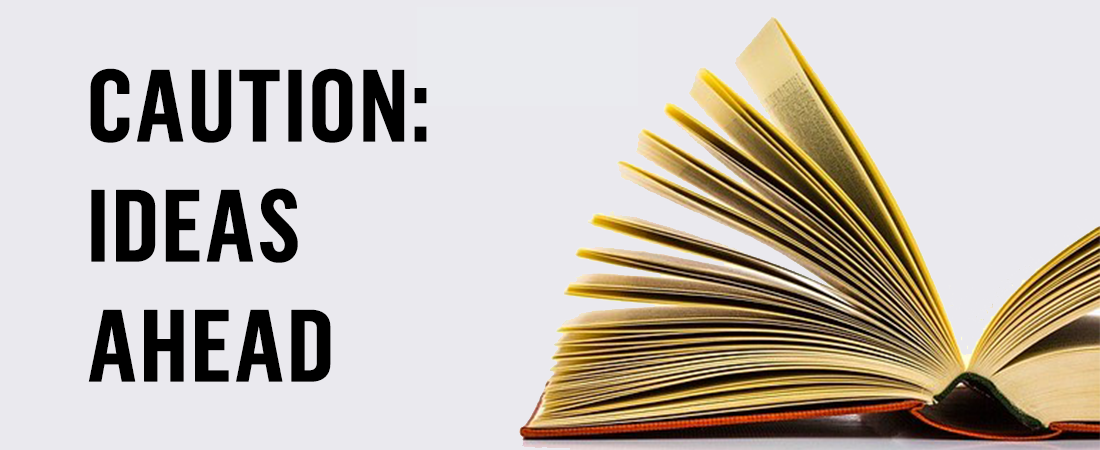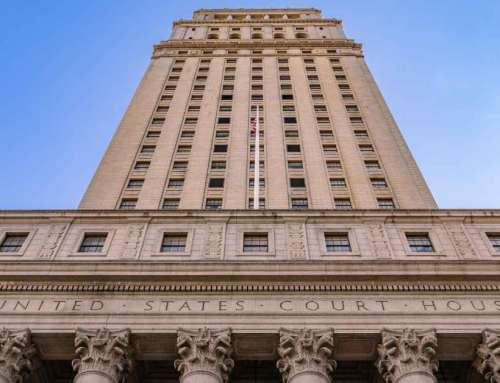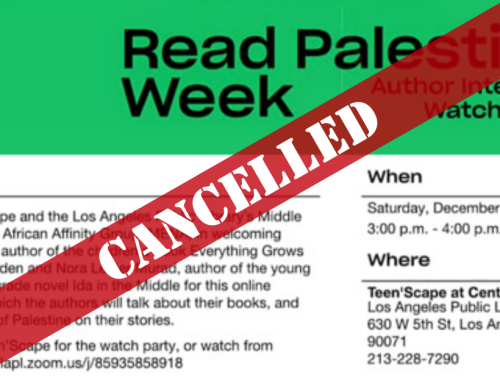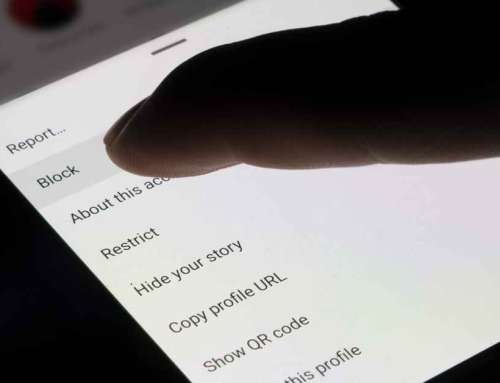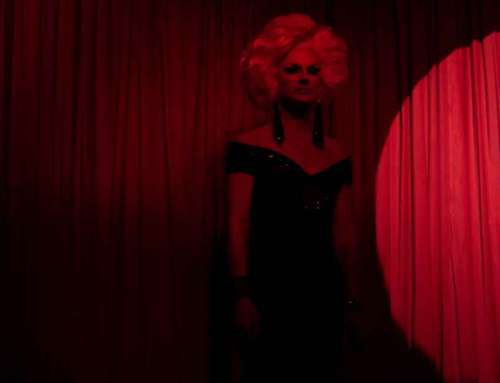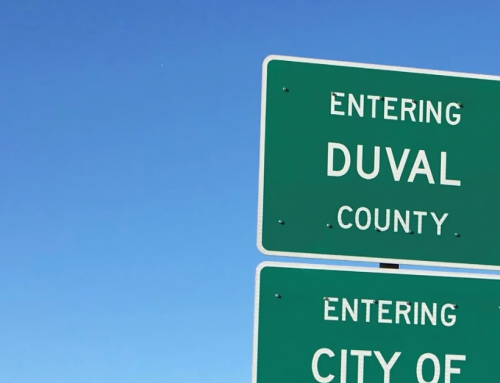I love Banned Books Week. And yet every Banned Books Week, I wish this year could be the last.
While the publishing industry works hard to promote diverse representation and own voices writing, stories that feature characters with diverse ethnicities and sexualities remain at the top of challenged books lists in our schools and libraries. This week is not just about all the books that were challenged or banned. It is also a reminder of the real people whose self-expression is suppressed and whose stories are silenced. It is a shout out to every reader who is told that characters they identify with are unworthy. Every Banned Books Week is a recognition of those who are made to feel unsafe so that others can avoid conversations they find difficult and maintain their status quo.
As Coordinator of the Kids’ Right to Read Project, I see the human costs of censorship every day. I know that each book removed from a library for its discussion of race or sexuality means thousands of kids will be deprived of the opportunity to feel understood and see they are not alone, that theirs is a story worth telling. And thousands of kids will miss the opportunity to read about lives beyond their own, to better understand the value of difference, to explore ideas they hadn’t yet considered. Every week I hear from educators and youth advocates who fear protests or lost jobs for sharing great books like The Hate U Give or And Tango Makes Three with children they know will benefit from them.
On the first day of this Banned Books Week, I met Angel Elektra, a drag performer who spends their free time in public libraries, reading stories about diversity and self-acceptance to kids. Drag Queen Story Hour events have spread across the country, attracting families and students to explore creativity and self-expression. And nearly everywhere DQSH has gone, it has been met with protests and calls to ban the events for being ‘unsafe’ for children.
“I don’t think that DQSH is unsafe for kids at all, Angel told me. “We’re here to show kids it’s okay to be different, to be yourself and accept others for who they are. What’s unsafe for kids is the protesters who disturb the program.”
This summer, while on their way to a Pride-themed Drag Queen Story Hour library event, Angel was confronted with small group of angry protesters holding anti-LGBTQ signs. Like many would-be censors, the protesters wanted to shut down the reading because they believed that exposing kids to messages of tolerance and respect for difference was dangerous. But soon, a rainbow-clad crowd four times the size of the protesters gathered outside the library. The counter-protesters included children who proudly waved signs affirming their freedom to read, learn about and celebrate LGBTQ stories.
For Angel, “seeing the counter-protesters was a support. They were supporting not only the program, but their belief in free expression. Someone from the counter-protest group escorted me into the library and made sure I was safe.”
This will not be the last Banned Books Week. Yes, still, in 2019, this week is just as vital as ever. And while I continue to hope to put myself out of business, I am heartened knowing that allies for free expression will keep standing up, speaking out and creating space for those who censorship leaves in the dark.


